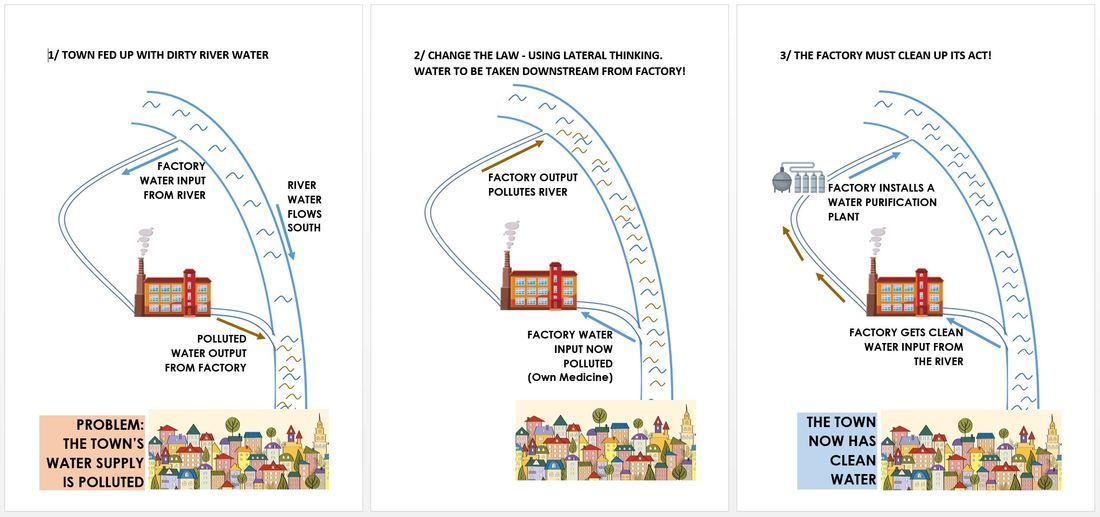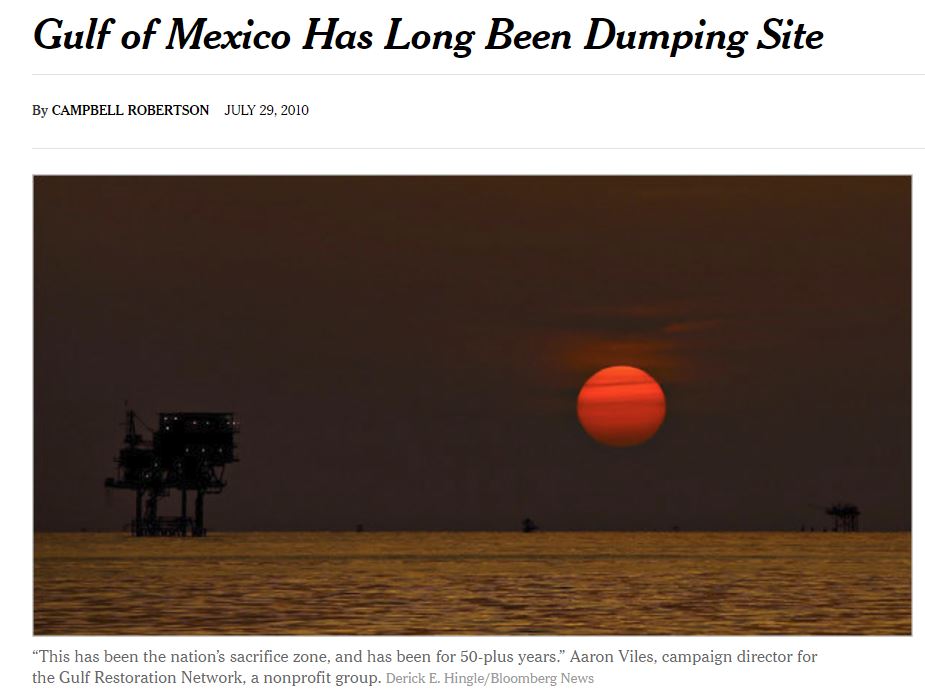I am inspired by Nathan Hodson's recent great post combining that favourite of behavioural economists 'nudging' - epitomised by David Cameron's shady team of advisors - with the topic of 'ethics', published in last month's British Medical Journal. As he says:
"The term “nudge” is perhaps a misnomer. To fill out the concept a bit, it commonly denotes the use of behavioural economics and behavioural psychology to the construction of choice architecture through carefully designed trials. But every choice we face, in any context, already comes with a choice architecture: there are endless contextual factors that impact the decisions we make."
Before 'nudging', there was 'lateral thinking'
A 'nudge' in the Gulf?A low-oxygen, or hypoxic, dead-zone covering 22,720 square kilometers) - about the size of New Jersey - exists in the Gulf of Mexico. Not surprisingly, in the Southern States, they're still looking for traditional solutions to this pollution: "A national action plan calls for reducing such runoff so that the dead zone shrinks by two-thirds, to 1,950 square miles (5,000 square kilometers) by 2035." |
On nudging and ethics: http://blogs.bmj.com/medical-ethics/2017/07/19/re-nudges-in-a-post-truth-world/
More on the Gulf of Mexico catastrophe at: http://time.com/4885249/gulf-mexico-dead-zone-pollution/



 RSS Feed
RSS Feed